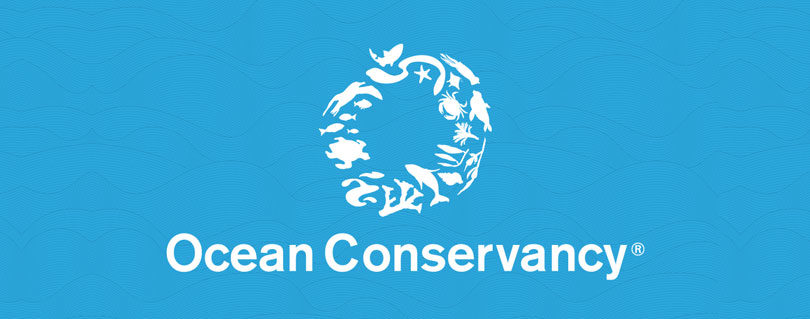Greenhouse Gases, the Queen of England and Narwhals
Published by Ocean Conservancy
Just last month, the International Maritime Organization, the United Nations agency tasked with regulating global shipping, celebrated its 70th anniversary at its headquarters in London, with a ceremony that included a dedication by Her Majesty, the Queen of England.
Here are five things you need to know about the IMO and our work to protect our blue planet:
- More than 80% of global trade is carried by the international shipping industry, and the IMO regulates all aspects of global shipping, ranging from ship design to pollution. The IMO has 173 member states and three associate states. The Marine Environment Protection Committee was established in 1973 and is tasked with coordinating global policy on preventing and controlling pollution from ships.
- Ocean Conservancy’s Arctic program is working at the IMO and Arctic Council to develop a policy that will ban the use of heavy fuel oil (HFO) by vessels in Arctic waters. A spill of HFO has been identified as one of the largest threats to the Arctic marine environment and emissions from HFO use are high in black carbon, a climate forcing agent that accounts for 7-21% of shipping’s climate warming impact. The IMO has previously banned the use of HFO in Antarctic waters.
- Global shipping accounts for nearly 3% of all greenhouse gas emissions but was NOT included in the landmark Paris climate agreement, the most recent component of the United Nations Framework Convention on Climate Change. Our colleagues at the Clean Shipping Coalition are working at the IMO to ensure adoption of a plan to immediately reduce these emissions, which without further action could grow to become 17% of global greenhouse gas emissions by 2050.
- Small island nations such as the Marshall Islands are helping to lead the charge at the IMO. Due to sea level rises associated with climate change, the difference between a 1.5 degree global temperature rise and a 2 degree temperature rise may be the key to the ultimate survival of these countries. As such, 44 nations have already signed onto a declaration calling for the IMO to adopt an ‘ambitious’ greenhouse gas strategy in line with limiting global temperature rise to below 1.5 degrees.
- Ocean Conservancy is currently participating in the IMO negotiations and, along with our conservation and indigenous community partners, is calling for a strategy that ensures shipping regulation is part of tackling climate change and preventing the planet from warming more than the ambitious 1.5 degrees Celsius and remains well below the 2 degree ceiling established in the Paris climate agreement. Furthermore, we believe that any adopted IMO strategy must include immediate and long term measures, including the possibility of full decarbonization by 2050.
As Ocean Conservancy has a history of successful work at the IMO we are cautiously optimistic that this international body will do the right thing. Due to the complexity of regulating greenhouse gas emissions at the global scale, nations should work to implement strategies to achieve short-, mid-, and long-term goals, with an aim of having a complete path to sustainability adopted by 2023.
Sign up for our emails!
The post Greenhouse Gases, the Queen of England and Narwhals appeared first on Ocean Conservancy.
Read the full article at: https://oceanconservancy.org/blog/2018/04/12/greenhouse-gases-queen-england-narwhals/


